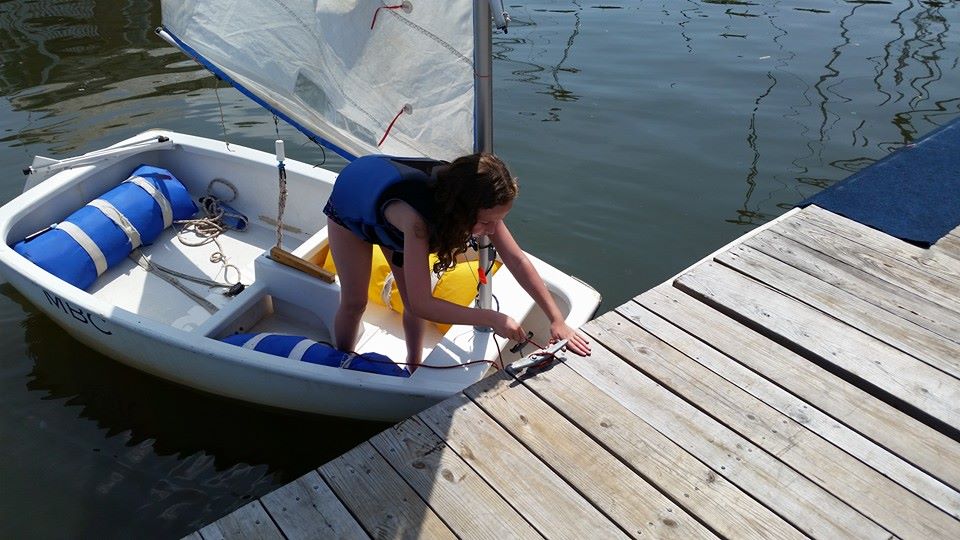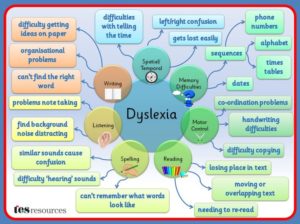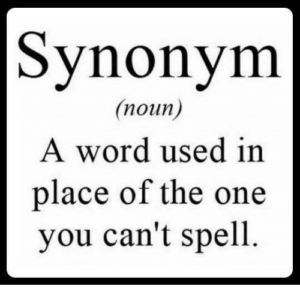Our Dyslexia Screening is ideal for students who are not reaching their full potential.
- Our preferred screening only takes 2 hours and can be done online (a full psychological evaluation by an educational psychologist, or speech pathologist takes 6 hours and they will not do it online).
- Our 10 page written report is completed within 14 days (other specialists can take 1 to 3 months for the report)
- Our report will use the term "dyslexia" if your student meets the scientific definition (most specialists avoid the term because it is not covered by insurance $$$, so they may use "specific learning disability" instead).
- Our report includes time saving resources that cater to your students specific strengths, so they can overcome their areas of weaknesses with language processing.
- Our goal is to get your student reading independently.
- See if you or your child fits the profile of dyslexia and what to do next with a customized Parent Action Plan.
- We can screen students as young as age 5 1/2 and we work with adults of all ages.


The child most likely to benefit from our program...
...often spends hours studying for Friday's spelling test, yet cannot retain those spelling words from one week to the next.
They cannot spell when writing sentences and stories, not even those high frequency words like: because, friend, and does. They will even misspell the same word, differently within the same paragraph.
When they write, they just can't seem to remember that a sentence has to start with a capital letter and there has to be punctuation.
Even though the child CAN read, they have great difficulty sounding out an unknown word, despite being taught phonics.
They have enormous difficulty memorizing things like their address and phone number as well as their math facts, multiplication tables and have trouble with long division. They often have a very odd pencil grip and poor penmanship and even find tying their shoes challenging.
That's the type of student we specialize in and they are likely to be dyslexic.
-Barton 2 minute video

Above are common areas where our students struggle and every student has a different map of weaknesses. Find out more about your learning style.
These difficulties associated with dyslexia, do not impair intellectual ability or creativity.
Our dyslexia screening adheres to the CURRENT research emphasis on phonological processing and short-term memory as key factors in dyslexia.
Look for these warning signs if your child struggles with reading, rhyming, or matching letters to the sounds they make.
Reading problems are not outgrown, they are persistent. They will struggle as adults.
If your child has just a few of the listed warning signs...don't wait.
Warning Signs of Dyslexia by age and grade
Ages 3 to 5
(Pre-School and Kindergarten):
- Delay in speaking
(in general, children say their first words by age 1 and first phrases are spoken by age 2) - Still had "baby talk" past age 5
(By age 6 children should have little problem saying most words correctly) - Does not show interest in sounds of words like rhyming
(Most pre-schoolers enjoy games with sounds and rhyming but children with dyslexia are less sensitive to rhyme.) - Difficulty with clapping a simple rhythm
(Before first grade 90% of children can count the number of syllables in a word) - Left vs. Right confusion
(School age children should know their left from right easily) - Difficulty learning to tie shoes
- Has a close relative with dyslexia
(Up to 1/2 of the children born to a dyslexic parent will have dyslexia themselves. Scientists have recently isolated specific, dominant genes related to dyslexia)
Ages 6 to 14
(Elementary School - 1st through 8th grade):
- Terrible spelling
- Letter or number reversals continuing past the end of first grade
- Extreme difficulty learning cursive
- Slow, choppy, inaccurate reading
(In 2nd grade, before 3rd, an average student should be able to to read accurately and smoothly) - Difficulty telling time on a clock with hands
- Cannot memorize multiplication tables
- Horrible handwriting
High School and Beyond
- Does not read voluntarily or for fun
- Extremely poor written expression
- Limited vocabulary
- Poor word retrieval, often says "thing" or "stuff"
when they can't recall a word - Unable to master a foreign language
- Poor grades in many classes
- Difficulty reading printed music
By adulthood, many dyslexics will have developed sophisticated compensating strategies that may mask their difficulties. We have proven, easy to use assessment tools to screen and diagnose dyslexia in adults, quickly and accurately!
If you suspect a reading problem or dyslexia after reviewing the warning signs above, the next option is to schedule a screening test for further evaluation.
- 8 screening tools
- engaging games during breaks
- familiar setting to ensure best results
- 10 page written report
- parent action plan with time saving resources
- results done within 2 weeks
Allow 2 hours to complete the screening. Screenings are done at a local library, or our mobile unit which is a boat.

92% of children who lack phonemic awareness at the beginning of first grade will fail to learn to read, except by memorizing words. And our students do not have a strong memory for words. So they will not be able to read unknown words. They resort to guessing, looking at the shapes of words, and skipping the word altogether, which affects reading comprehension.
Our Philosophy-
We believe that too much 'intervention' can inhibit the strengths that come with dyslexia.
- our program is research based
- we offer the right tools
- we stay current with technologies
- we are not 'worksheet' driven; we teach logic with a hands on approach
- Our dyslexia screening is designed to get accurate results, with the minimum amount of intervention and cost.
- most of all, our students have fun...because they see it work
Look for these strengths:

- Curiosity
- Great listening skills
- Great imagination
- Ability to figure things out
- Eager embrace of new ideas
- Getting the gist of things
- Good understanding of new concepts
- Surprising maturity
- Large vocabulary for the age group
- Enjoyment for solving puzzles
- Talent at building models
- Excellent comprehension of stories read or told
- Excels in areas not dependent on reading
such as:
Math, computers, and visual arts. Great with subjects including: philosophy, biology, accounting, marketing, design and creative writing.
People with dyslexia often have significant strengths in areas controlled by the right-side of the brain, such as:
Artistic, athletic, and mechanical gifts;
3-D visualization ability;
musical talent;
creative problem solving skills;
and intuitive people skills.
Staying on track for college during the pandemic
School may be out, and you may be missing out on lots of activities and opportunities of your regular routine. But there’s a way to make sure you’re still taking steps toward your goal of going to college. The Coalition for College provides free, online college-planning tools for all students. There are a number of ways to make use of these tools during this time when you’re away from school. We hope you’ll use these resources as a way to stay motivated and focused on your future:
-
Read up on the college application process. Whether you’re just starting to think about college or you’re getting ready to apply, you’ll find lots of articles and information right here on MyCoalition Counselor that answer your questions.
-
Get organized with the Locker, a free space we provide to help keep track of your school work, extracurricular involvement and accomplishments throughout your high school career. As early as ninth grade, you can begin storing your work here. It’s a good habit that will make applying to colleges easier. Your future self will thank you!
-
Make connections in the Collaboration Space. Staying connected is especially important right now, and this tool lets you invite trusted adults like teachers, coaches and family members to give their input on your college preparations -- whether making lists of schools to consider or giving feedback on your college essays.
MyCoalition accounts, where you can access all of this and more, are free and mobile-friendly. Sign up for yours at MyCoalition.org.
Additional resources
-
Access free test prep and skill building with Khan Academy.
-
Earn micro-scholarships and search college options with RaiseMe.
-
Learn how to turn your efforts into scholarships with the College Board Opportunity Scholarships program.